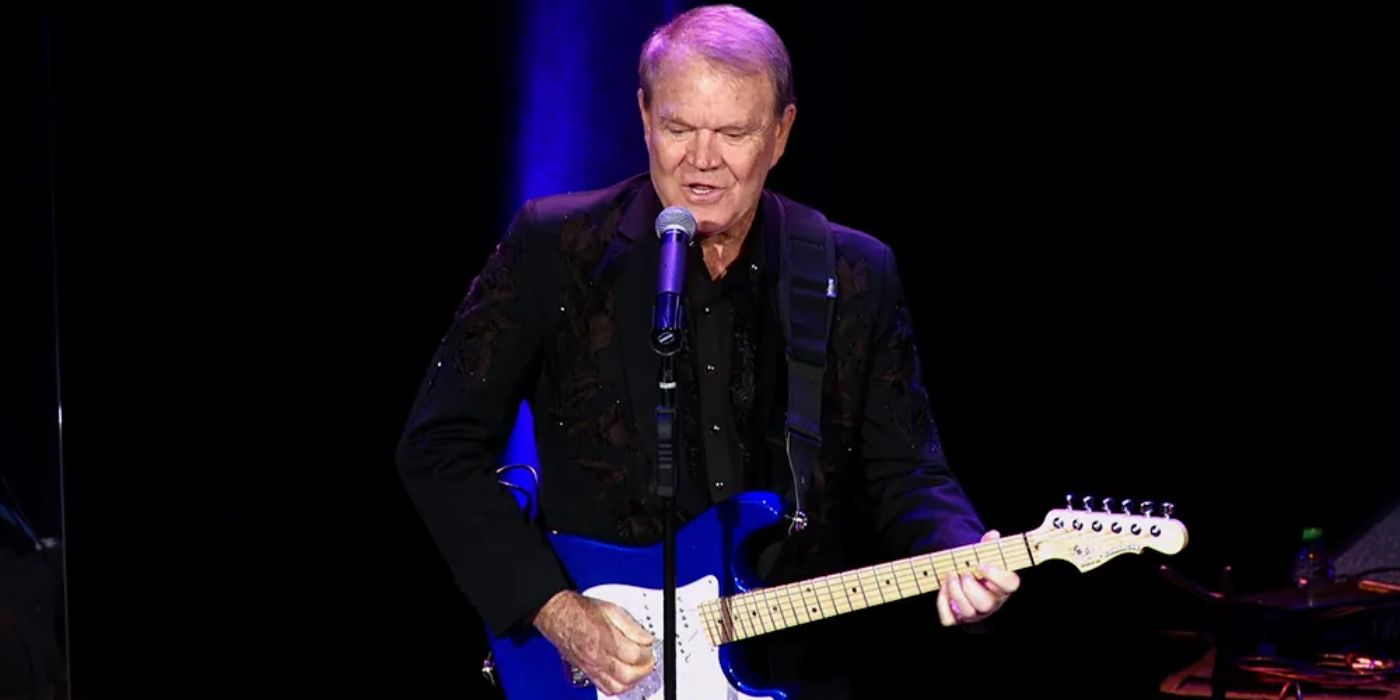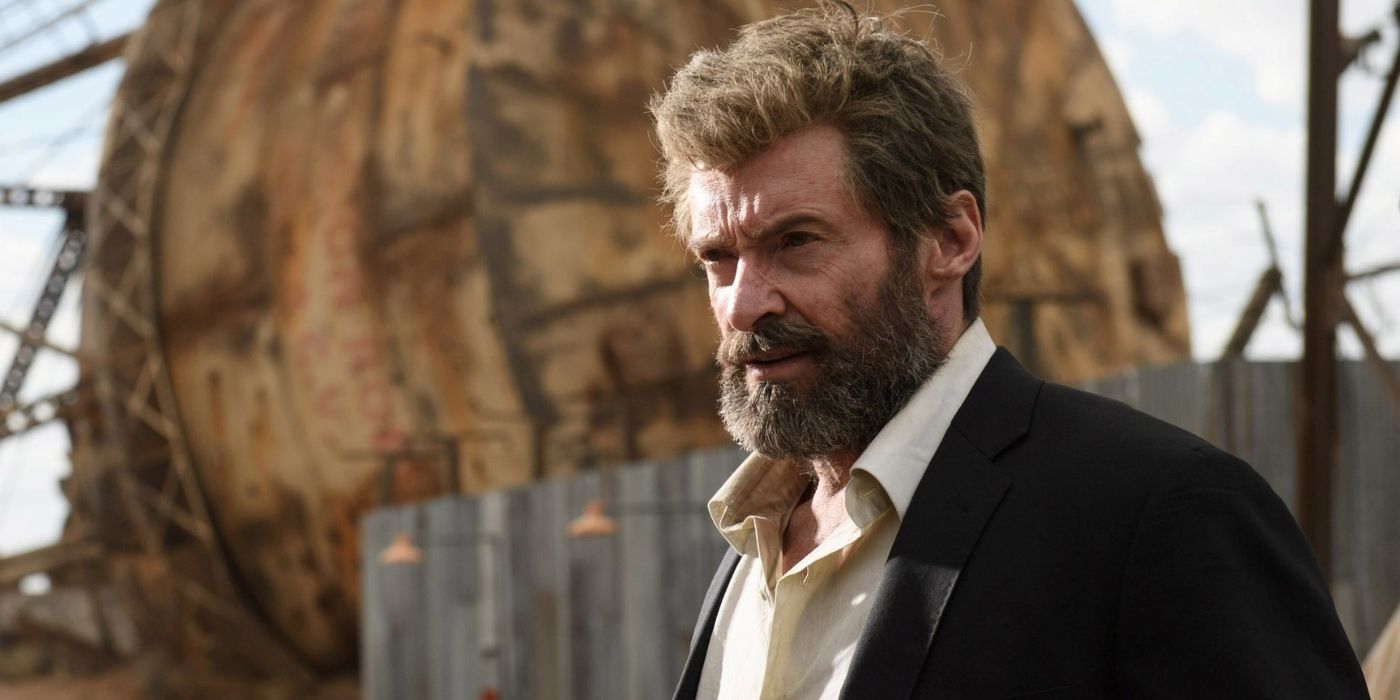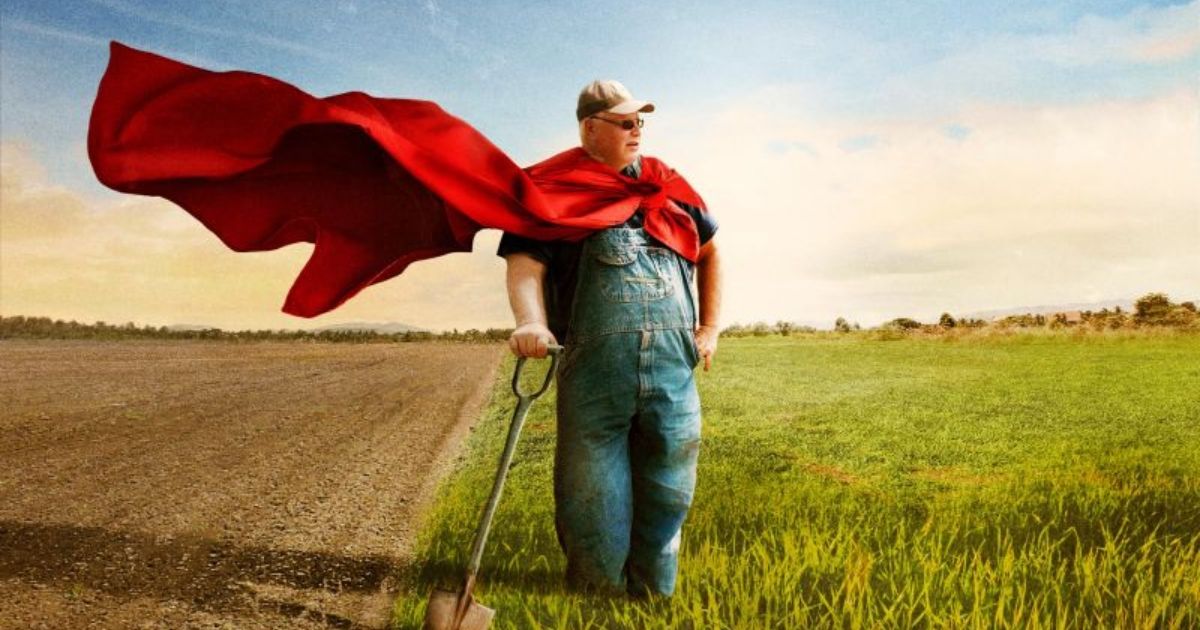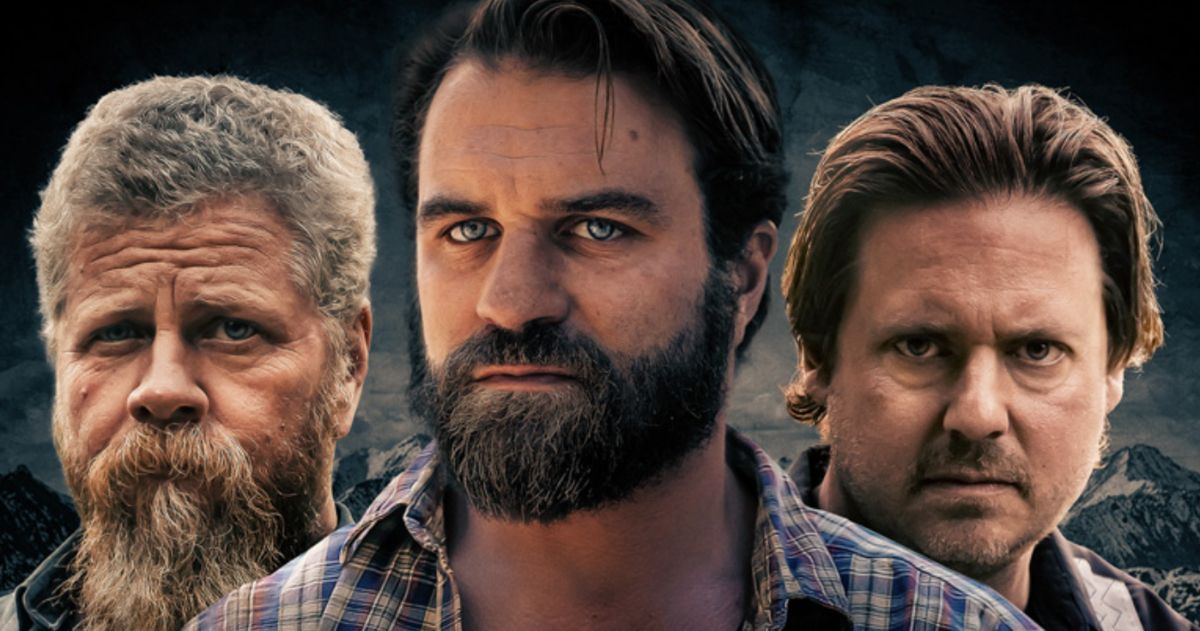Can Hollywood A-listers like Laura Dern, Jason Momoa, Rosario Dawson, Woody Harrelson, Ian Somerhalder, and Donald Glover deliver a timely and strong enough message about the benefits of Regenerative Agriculture and have it take root in the collective consciousness to spark positive change? Let’s hope so.
Eco-filmmakers Josh and Rebecca Tickell (Fuel, The Big Fix, Kiss the Ground) have populated their new documentary, Common Ground, with as much celebrity hype as important facts about the state of the country’s soil. That could be a good thing. These stars, who take turns narrating the doc, elevate the couple’s latest endeavor, which recently nabbed the Human/Nature Award at the Tribeca Film Festival. But it’s the filmmakers’ inventive mix of storytelling, graphics, and easily digestible information that will undoubtedly win audiences over.
MOVIEWEB VIDEO OF THE DAYSCROLL TO CONTINUE WITH CONTENT
True, there’s a sense that the Tickells are preaching to the choir here. However, anybody interested in the environment will appreciate learning more about the titans of the “Regenerative Movement” featured throughout.
Turning to Trusted Sources
The Tickells previously turned heads with their oil spill documentary, The Big Fix, which hit the Cannes Film Festival back in 2010. Kiss the Ground, which also included Woody Harrelson as narrator, debuted on Netflix in 2020. It revealed a “new, old approach” to farming. If it seems like the filmmakers are covering similar ground here, they are to some extent (and quite literally), but the result is as illuminating as it is timely.
Common Ground is structured as a moving letter to the next generation that will inherit the Earth. Dern, Momoa, et al. narrate these “letters” but audiences also see them narrating — as if to drive the point home. It works. These folks look great on screen, after all. We’ve grown to trust them as actors. Why not see them talk to us? The hope, it seems, is to deliver a powerful and urgent message about the grim realities of our future. The filmmakers offer a hopeful and pragmatic plan, too. The goal? Mend the broken systems that dictate our existence on Earth.
The Tickells springboard from those letters to spotlight the intrepid souls who are creating an innovative new food system that produces ample quantities of nutritionally dense food while also balancing the climate, nourishing our bodies, and restoring the entire ecosystem. It all makes for a rewarding doc about agriculture and the environment. It all lies in the soil, folks.
Change Agents Among Us
Big Picture Ranch
One of the best things about Common Ground is the painstaking amount of research that went into its creation and the way the filmmakers deliver that to us. Factoids arrive in digestible chunks, but they will leave you unsettled.
Related: These Are the Best Movies Set on a Farm, Ranked
We’re told about Dr. George Washington Carver, for instance. He was a faculty member at The Tuskegee Institute in Alabama when he realized the soil in the South was becoming depleted of nutrients, thanks to an over reliance on cotton. His proposal of using cover crops — vetch, clover, and peanuts — would pull nitrogen from the air and replenish the soil. Black farmers embraced the method and managed to balance the farming economy in the rural South, but the industrial agricultural sector ignored Carver’s discoveries, and after World War II, the U.S. turned to mass-produced machines “developed for the battlefield” and toxic pesticides and herbicides that were used on farm fields.
One compelling segment reveals side by side comparisons of the soil used by two different farmers. Surely Regenerative Agriculture is the way. That’s the message. And while the doc is intended to keep playing that note, audiences don’t feel bombarded by the message.
A Time for Great Change
BIG PICTURE RANCH
Other segments in Common Ground certainly stand out, too. Take note of the 411 on the Farm Bill provisions featured. Those provisions mandate what to grow, and they don’t do much to fix the soil dilemma. We also learn about the massive debt of farmers who have been forced to purchase pesticides and genetically modified seeds designed to survive the poisons. Let’s talk about Monsanto’s Roundup, shall we? The filmmakers do. Sobering to say the least.
Related: Best Environmentalism Documentaries to Watch, Ranked
Hope arrives by sharing knowledge. Adopting regenerative farming techniques is the clear path toward restoring balance we’re told. A nice touch is the inclusion of Indigenous and modern farming practices that adhere to four principles: no tillage, no chemicals, cover crops, and the use of herd grazing.
As for the stars, Dern and Dawson are compelling and believable; Momoa and Harrelson chill and trustworthy. They’re each given a segment to narrate and each segment takes on a personality of its own. Somehow it all works.
“This is the story of how soil might just save us,” the documentary tells us, hoping it will take root. Whether something necessary grows from that to create positive change remains to be seen, but you get the sense while watching Common Ground that, like Leonardo DiCaprio’s The 11th Hour and Before the Flood — and even Al Gore’s groundbreaking doc, An Inconvenient Truth — that time is running out. In that respect, Common Ground is vital viewing.
Common Ground hits theaters soon. Learn more about the film here.
You can view the original article HERE.






























